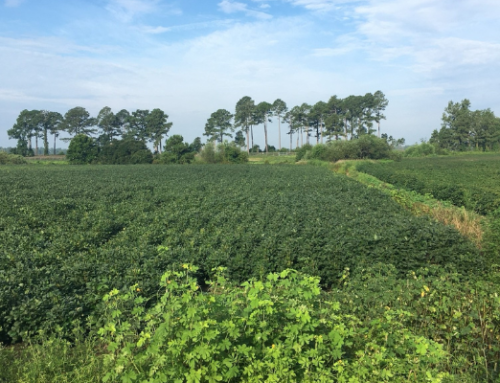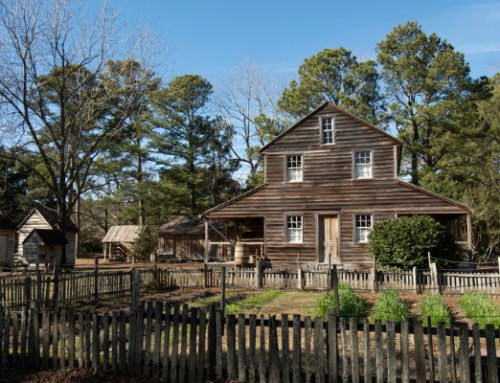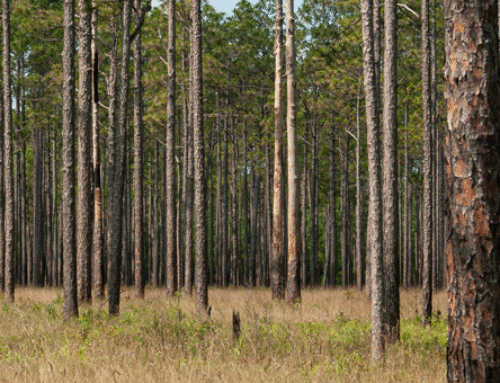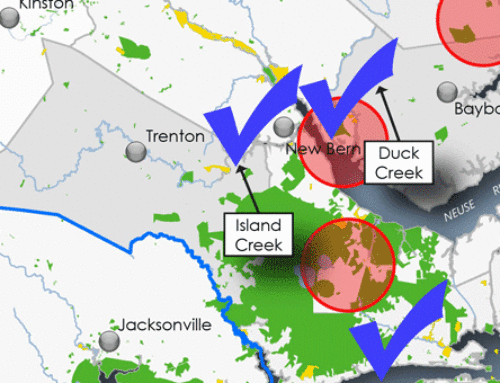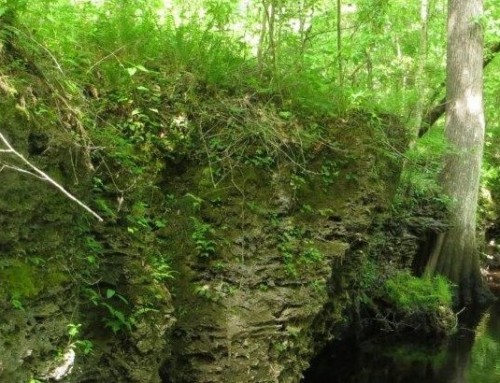Project Description
Jubilee Farm
Jubilee Farm, located just southeast of historic Edenton in Chowan County is protected forever by a conservation agreement held by the Coastal Land Trust. In late 2001, Mr. and Mrs. Simon B. Rich generously donated a conservation agreement over scenic Jubilee Farm, historically known as Poplar Neck Farm. The property, which remains in private ownership and is not open to the public, is best known for its circa 1853 restored home known as Poplar Neck Plantation.
Jubilee Farms has been actively pursuing agriculture and silviculture since the late 18th century. The Rich family have been stewards of the property for nearly 50 years. They have transformed old crop lands to natural native grass pastures and pine plantations to a robust wildlife habitat. They have preserved a mature hardwood and pine forest – all of which provide scenic beauty, diverse wildlife habitat, and 500 acres actively sequestering CO2 in the soil.
The biggest transformation was taking the dense 35-year-old pine plantation and creating a diverse wildlife habitat. The first step was careful thinning of the pines from over 100 trees per acre to approximately 60 thus allowing more sunlight to reach the ground, and encouraging the grasses and forbs to grow. They then created trails, small roads, and drainage to allow access for walking, riding, and hunting.
The former crop land was planted in a mix of various strains of Bluestem, Gamma grass, and Switch-grasses – all grasses similar to those found throughout North Carolina’s Coastal and Piedmont Prairies. Indigenous peoples who inhabited this land regularly burned large areas creating prairies (much like on the Great Plains) which allowed for the concentration of the wildlife on which they depended for food and thus easier hunting.
The Rich family added more than 10 kilowatts of solar electric production in 2003 along with geothermal heating and air conditioning in an effort, along with carbon sequestration, to naturally to reduce their carbon foot print. They realize climate change will be the major issue affecting our future, and limiting greenhouse gas emissions is an effort – along with the conservation easement on the property – to preserve this land and its inhabitants for centuries to come.


